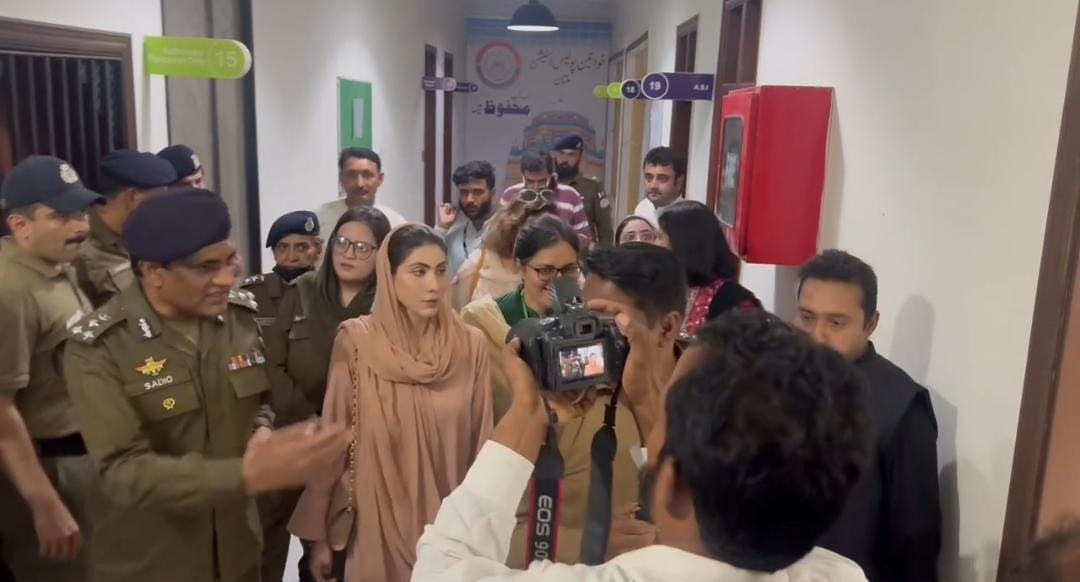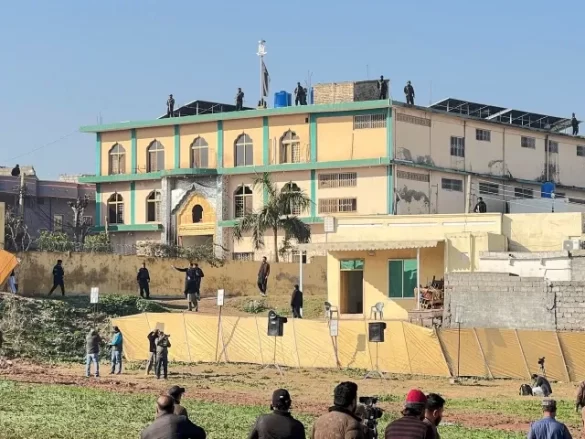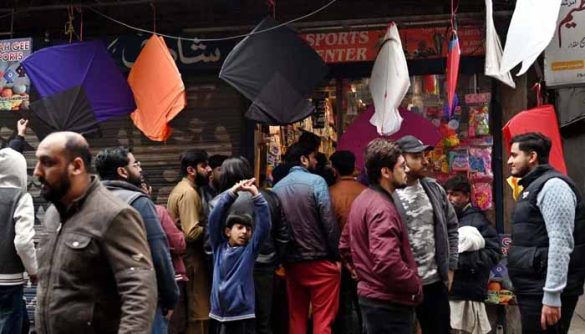Shocking Incident in Gujrat
A horrific case of domestic violence has shaken Pakistan’s Punjab province after a young woman, identified as Rashida, was allegedly tortured to death by her in-laws in the Gujrat district.
According to police reports from the Kunjah police station area, Rashida was first forced to consume poison tablets. Later, she was allegedly made to drink acid and was subjected to severe physical abuse. The cruelty extended to stripping her naked and filming her ordeal. Her family was informed only after a significant delay, and she was taken to hospital in critical condition.
Despite briefly regaining consciousness and recording a detailed statement describing the ordeal, Rashida succumbed to her injuries in hospital. Her testimony has become a key piece of evidence in the ongoing investigation.
Chief Minister Orders Immediate Action
The gravity of the crime prompted Punjab Chief Minister Maryam Nawaz Sharif to take immediate notice. She directed Hina Pervaiz Butt, Chairperson of the Punjab Women Protection Authority, to visit the victim’s family and oversee the case.
During her visit to Rashida’s home, Butt met her grieving parents, brother, and sister. She conveyed the Chief Minister’s condolences and assured them of the government’s full support. She emphasized that Punjab authorities would extend legal, psychological, and social assistance to the bereaved family.
“Unforgivable Crime,” Says Women’s Protection Authority
Speaking to reporters, Butt condemned the attack in the strongest terms. “Forcing a young woman to ingest poison and acid, torturing her, and violating her dignity is an unforgivable crime,” she said.
She pledged to personally monitor the investigation to ensure that justice is delivered without delay. She instructed police officials to conduct polygraph tests on the suspects, speed up the inquiry, and fulfill all legal requirements swiftly so that those responsible face the harshest possible punishment.
“There will be no leniency for perpetrators of violence against women,” she stressed. “Such criminals must face exemplary consequences. A safe Punjab is our foremost priority, and our struggle for women’s protection will continue.”
Police Vow Zero Tolerance
District Gujrat’s Superintendent of Police (Investigation) also condemned the killing, promising to deploy all available resources to ensure justice. “All accused involved in this tragic crime will be punished strictly according to the law,” he said.
Police have assured the family of full legal assistance and reiterated their commitment to Pakistan’s “zero tolerance” policy on gender-based violence. “There will be no compromise in cases of violence against women,” the police statement declared.
Violence Against Women in Pakistan
The incident has reignited debate about the pervasive issue of violence against women in Pakistan. Human rights groups have long warned that women often face abuse at the hands of their in-laws, with many cases going unreported due to social stigma or fear of reprisal.
According to the Human Rights Commission of Pakistan (HRCP), thousands of cases of domestic violence are reported annually, but conviction rates remain low. Acid attacks and cases of forced poisoning, though less frequent today compared to a decade ago, still occur in rural areas.
In recent years, Pakistan has introduced stronger legal protections for women, including the Punjab Protection of Women Against Violence Act of 2016. However, activists argue that implementation remains weak, particularly in rural communities where patriarchal norms prevail.
Calls for Justice and Reform
Civil society organizations have demanded swift justice in Rashida’s case and broader reforms to protect vulnerable women. Advocacy groups argue that deterrence will only be effective if perpetrators are consistently held accountable.
The government has pledged reforms and promised to strengthen women’s protection mechanisms. Yet, as this case shows, challenges remain in ensuring that laws translate into real security for women in their homes and communities.
For Rashida’s family, the immediate priority is justice. For Pakistan’s women, the case is another painful reminder of the urgent need to end systemic violence.















